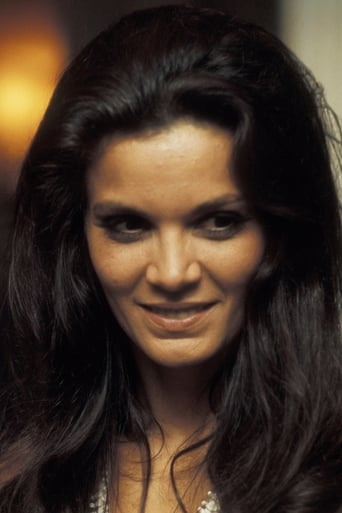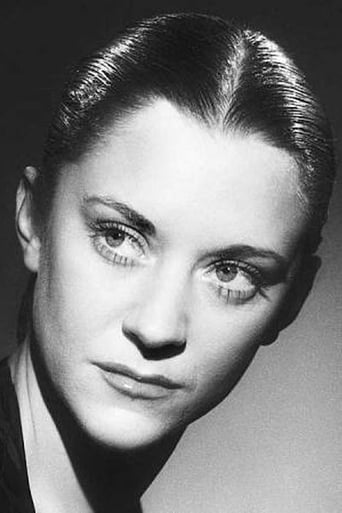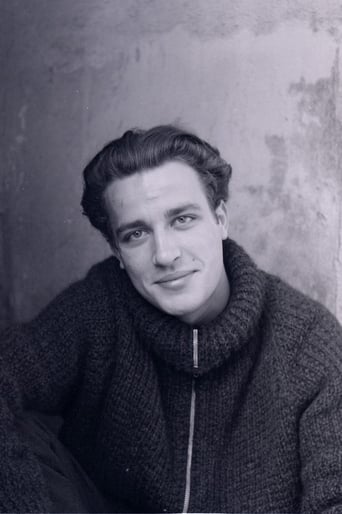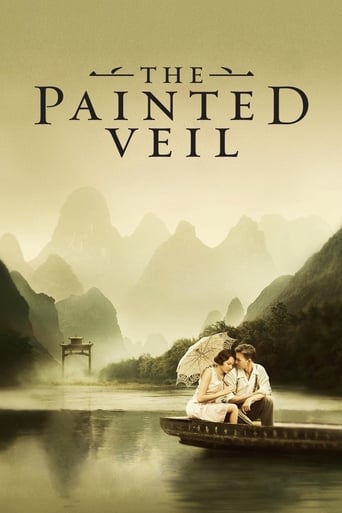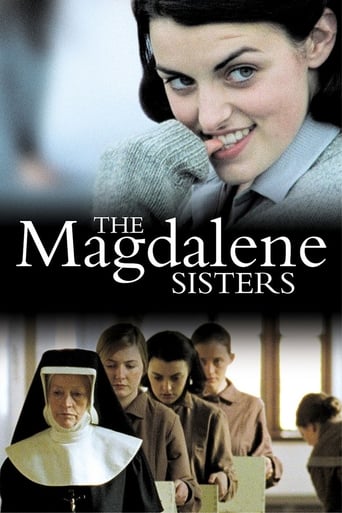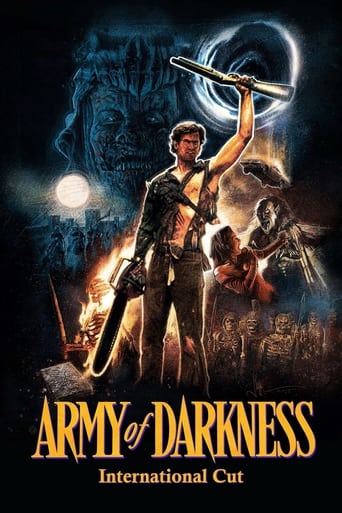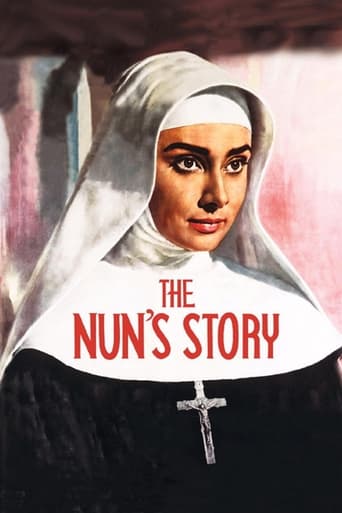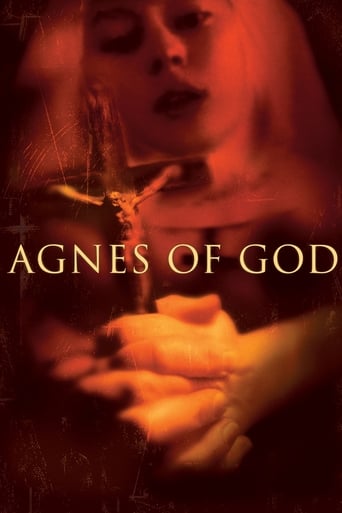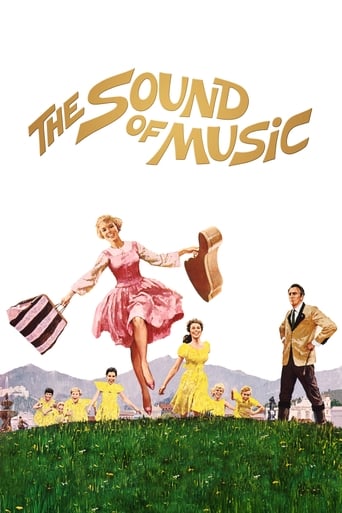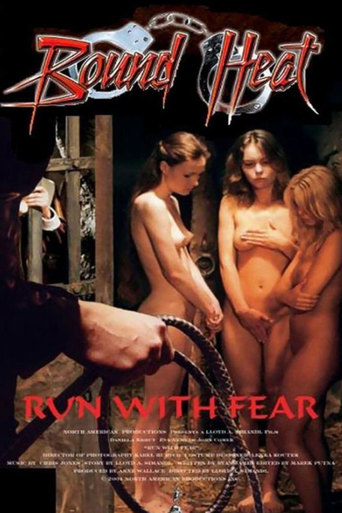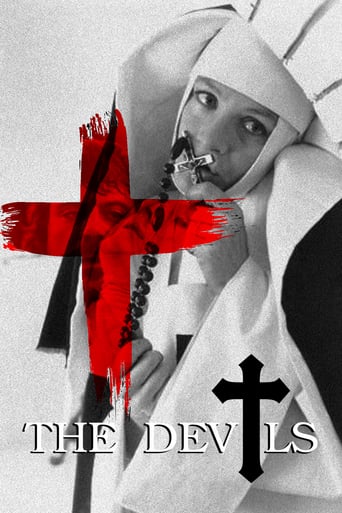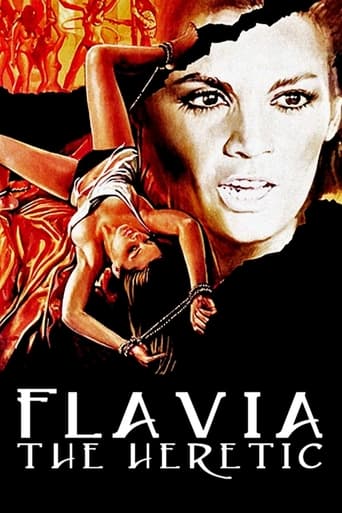
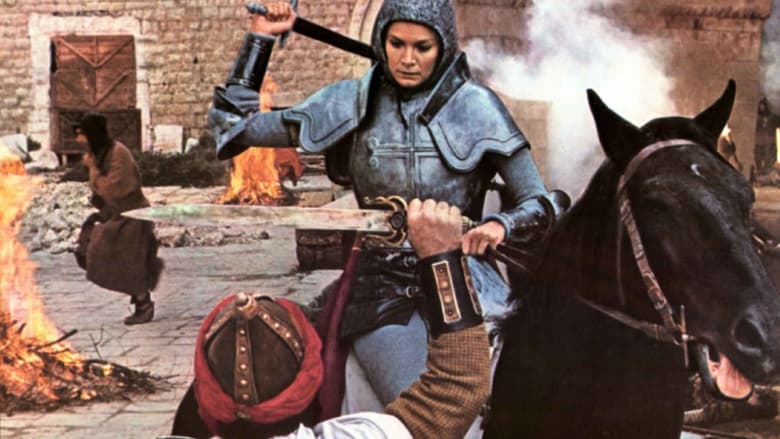
Flavia the Heretic (1977)
Puglia, southern Italy, around 1400. A convent is invaded by the Tarantula cult, whose fanatical and crazed members desecrate the sacred place by committing obscene and bloody acts.
Watch Trailer
Cast


Similar titles
Reviews
Slow pace in the most part of the movie.
One of my all time favorites.
This is a coming of age storyline that you've seen in one form or another for decades. It takes a truly unique voice to make yet another one worth watching.
Through painfully honest and emotional moments, the movie becomes irresistibly relatable
Post-feminist depiction of cruelty and sadism.Spoiler alert! This underrated gem of a film tells the story of Flavia, a Fifteenth Century girl of Noble birth walled up in a convent after defining her father and indeed the whole of Medieval Christian society by viewing a fallen Islamic warrior as a human rather than demonic figure.Unable to accept the patriarchal rule of the convent (explicitly stated in a scene where the Bishop arrives flanked by soldiers and monks) Flavia begins to explicitly question the society in which she finds herself and, through butting up against a whole system of subjugation, repression and violence, inevitably brings a tragic end not only to herself but all those around her.Billed as a piece of nunsploitation this is far from the truth. This is a film depiction the consequences of violence, the effects of patriarchal dominance, the nature of rebellion and the corruption of the human spirit.I described it in the title of this piece as 'post-feminist' and in the end Flavia's triumphs must always be corrupted, compromised and perverted by men. Even Flavia's gruesome end is perpetrated by men for men (the women turn away and only the monks look on without horror.As to the much discussed violence: this is a depiction of the effects of violence and the horrors of a world driven mad by religious excess. To have shied away from the violence would have limited the film's impact, would have cheapened the film and allowed it to be assimilated within the Patriarchal discourse it is exposing. In addition it is a realistic portrait of medieval society.Beautifully filmed, brilliantly acted (notably by Florinda Bolkin and Maria Casares), containing a wonderful score by piovani and still challenging after all these years Flavia is a classic of European Cinema.
I first read about this "Nunsploitation" effort considered among the most extreme of its type (infamously featuring a scene in which a naked girl climbs inside the hanging carcass of a cow!) in the Leslie Halliwell Film Guide, but became even more interested in checking it out in the wake of online reviews for the R1 DVD from Synapse. However, I somehow never got around to acquiring it chiefly because the print included was English-dubbed though, in retrospect, that's what the actors are speaking (with leading lady Florinda Bolkan providing her own voice). Then, just last week coincidentally, on the very same day I acquired an even more obscure entry within the same genre (albeit of a much-filmed source i.e. THE NUN OF MONZA [1969]) I stumbled upon a copy of FLAVIA itself and, at this stage, I simply could not let the opportunity pass me by. The film's reputation for gory depictions of carnage and torture was not exaggerated but, seeing how these scenes are part and parcel of its unflinching portrayal of the Middle Ages (stunningly shot in earthen tones by Alfio Contini), they do not feel gratuitous or sensationalistic; besides, the whole comes wrapped in an evocatively beautiful soundtrack courtesy of future Oscar-winner Nicola Piovani. Bolkan, able to convey much without the benefit of dialogue, is impressive as ever: she convinces in her character's every facet (including donning a soldier's armor), and this is possibly her signature role. Maria Casares (best-known for playing Death in Jean Cocteau's ORPHEUS [1950]) is animated and uninhibited, despite her time-ravaged looks a' la Alida Valli: for the record, I thought she would be playing the convent's obligatory stern Mother Superior but is actually the one to inspire Flavia towards rebellion. Claudio Cassinelli appears as a Jew befriended by the heroine, whereas Anthony Corlan (later Higgins) of Hammer's 1972 outing VAMPIRE CIRCUS is the young leader of the Muslim invaders (none of whom look remotely Arabic!) aiding the heroine in accomplishing her male/Christian-hating campaign until she rejects marriage and conversion to his own religion. While having undeniably greater significance and scope than most films of its ilk (though the expected hysterical writhing is still present in the form of a wandering sect afflicted by the bite of a tarantula!), plot development is curiously lacking here which, coupled with the trademark deliberate pacing of the "Euro-Cult" style, makes for an altogether muddled (if never less than interesting) affair. An unexpected touch involves fantasy sequences showing various religious paintings come to life, often as a result of the nuns' (typical) sexual repression. Naturally, we get plenty of nudity and, for violent highlights, anything from numerous beheadings, the castration of a horse(!), rape, sodomy, cannibalism, boiling oil being poured on a girl's naked body, nipple-slashing, impaling and skinning alive is the order of the day! One final thing: viewers of the Synapse edition had regretted the lack of a trailer on that disc; incidentally, a German one has been made available among the extras accompanying the X-Rated Kult R2 DVD of the afore-mentioned THE NUN OF MONZA
There is so much that can be said about this film. It is not your typical nunsploitation. Of course, there is nudity and sex with nuns, but that is almost incidental to the story.It is set in 15th Century Italy, at the time of the martyrdom of 800 Christians at Otranto. The battle between the Muslims and the Christians takes up a good part of the film. It was interesting when everyone was running from the Muslim hoards, that the mother superior would ask, "Why do you fear the Muslims,; they will not do anything that the Christians have done to you?" Certainly, there was enough torture on both sides.Sister Flavia (Florinda Bolkan) is sent to a convent for defying her father. In the process, she witnesses and endures many things: the gelding of a stallion, the rape of a local woman by a new Duke, the torture of a nun who was overcome during a visit by the Tarantula Sect, and a whipping herself when she ran off with a Jew. The torture was particularly gruesome with hot wax being poured on the nun, and her nipples cut off.Sister Flavia is bound to continue to get into trouble as she questions the male-dominated society in which she lives. She even asks Jesus, why the father, son and holy ghost are all men.Eventually, she joins the leader of the Muslims as his lover and they sack the convent. Here is where you see more flesh than you can possible enjoy at one time. But, tragedy is to come. She manages to exact sweet revenge on all, including the Duke and her father, but finds that the Muslim lover treats her exactly the same. She is a woman and that is all there is to it.I won't describe what the holy men of the church did to this heretic at the end, but it predates the torture of Saw or Hostel by decades.Nunsploitation fans will be satisfied with the treats, but movie lovers will find plenty of meat to digest.
Reportedy based on actual historical events, this disturbingly violent, bloody, and shocking period epic sustains viewer interest by creating a verisimilitude missing in the majority of films set in a remote era. Ms. Bolkan's portrayal of the rebellious nun is a tour de force. Her gradual transformation in character from an obedient if unwilling complicitor in social injustices of her day is adeptly evidenced by telling sequences: her witnessing of the hated local Duke's casual rapist activity, her forbidden love affair with a Jew, her criminal defection to the invading Moslem forces of the sensual Prince Ahmed (Anthony Corlan) There are some painfully realistic gory sequences (human flaying) in this film that are not for the squeamish, but viewers with strong stomachs and an interest in medieval history should find ample interest. Deserves to be seen, if only as an antidote to Hollywood depictions of the medieval world.


